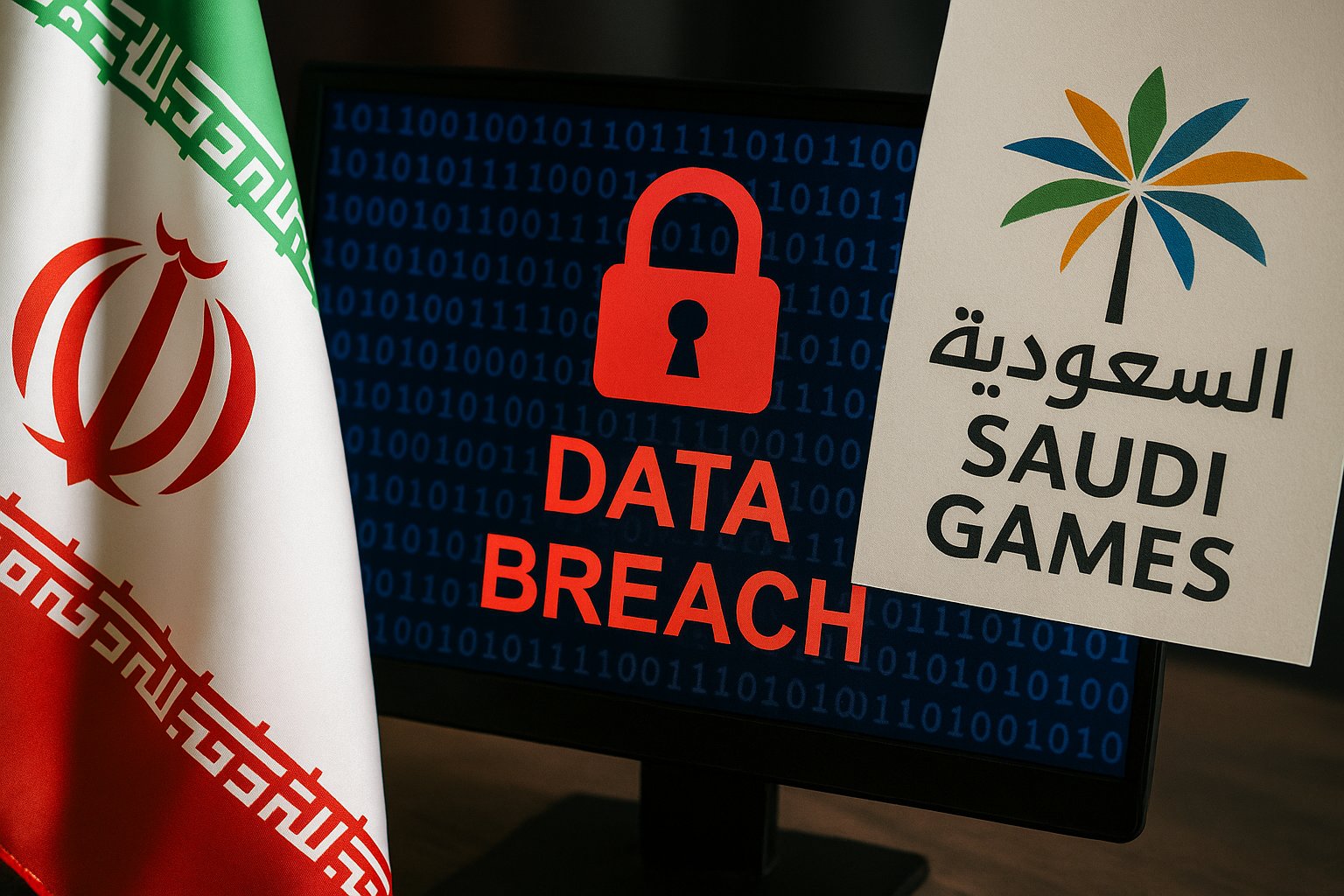In a startling revelation, the pro-Iranian hacktivist group Cyber Fattah has reportedly leaked thousands of personal records linked to athletes and visitors of the Saudi Games online. This breach was announced on June 22, 2025, via Telegram, and described by cybersecurity firm Resecurity as part of an Iranian information operation aimed at promoting anti-U.S., anti-Israel, and anti-Saudi sentiments.
According to Resecurity, the actors behind the attack gained unauthorized access to phpMyAdmin, allowing them to exfiltrate stored records from the official Saudi Games website. The data shared includes sensitive information such as IT staff credentials, government official email addresses, personal identification documents, medical forms, and bank statements.
The leak follows a growing trend of hacktivism in the Middle East, where such operations are increasingly viewed as a form of activism. Cyber Fattah, which identifies as an Iranian cyber team, has a history of targeting Israeli and Western government agencies. This latest incident marks a notable shift from their previous focus on Israel to include a broader anti-U.S. and anti-Saudi agenda, according to security analysts.
The publication of this data takes place amid soaring tensions between Iran and its adversaries. As many as 119 hacktivist groups are said to have engaged in cyber attacks relating to these rivalries, indicating a robust and coordinated cyber warfare effort (Cyberknow). In parallel, other groups such as the Israeli-aligned Predatory Sparrow have also reported successful breaches against Iranian entities, marking a significant escalation in the ongoing cyber conflict.
As cyber warfare tactics continue to evolve, the implications of Cyber Fattah’s actions extend beyond mere data theft. Their operations could serve a dual purpose: exerting psychological pressure on rivals while intensifying public scrutiny of governmental cyber capabilities. The continuous exchange of cyber threats has contributed to a complex landscape of digital conflict that now intertwines with broader geopolitical challenges.

